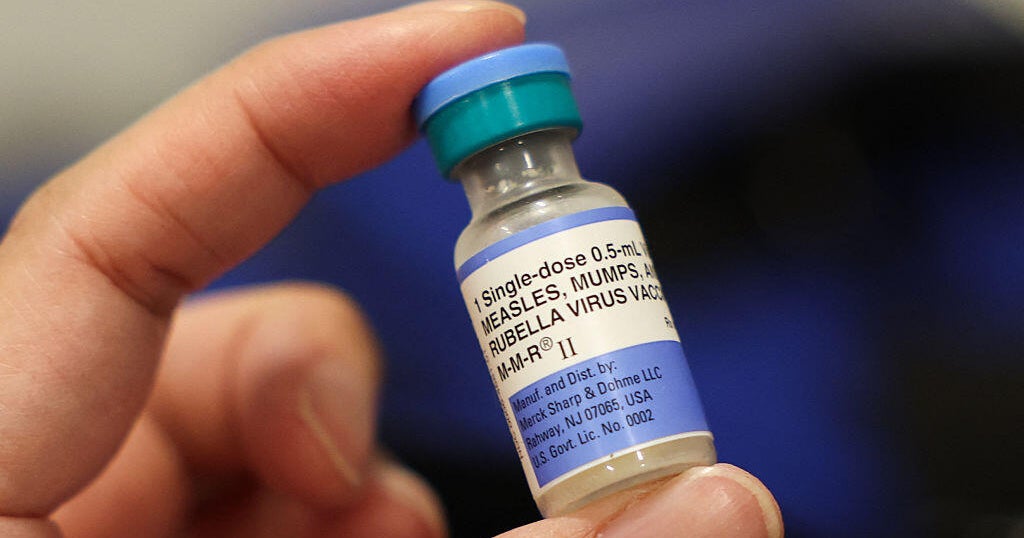"Very intense" flu season on track to break records, CDC says
U.S. health officials reported more bad news on Friday regarding the country's ongoing, deadly flu season: doctors across the country are seeing more cases, hospitalizations and deaths from flu, and there's no sign it's letting up.
The Centers for Disease Control and Prevention said 10 more pediatric flu deaths were reported last week, bringing the total to 63 children who have died from the flu so far this season.
Officials say it's possible that we could see several more weeks of increased fu activity before the epidemic finally starts to wane.
"Flu is incredibly difficult to predict. We don't know if we've hit the peak yet," Dr. Anne Schuchat, acting director of the CDC, said in a press briefing on Friday.
This year's flu season has been dominated by H3N2, a particularly nasty strain which is linked to more severe illnesses, especially among adults over the age of 65 and children younger than 5.
Schuchat noted that this season, "We are on track to break recent records."
According to the CDC's weekly Flu View report, 48 states are still reporting widespread influenza outbreaks -- every state except Hawaii and Oregon, where regional flu activity was reported.
Nationwide, 7.7 percent of patients visiting doctors last week were there due to influenza-like illness. This level is as high as during the peak of the 2009 swine flu pandemic, officials said.
The hospitalization rate for flu across the country is 59.9 per 100,000 people, significantly higher than what the CDC has observed at this time of year since its current tracking system was implemented in 2010, Schuchat said. The hospitalization rate is highest for adults 65 and older.
Additionally, the data show 1 out of every 10 people who died the U.S. over the last week died of either influenza or pneumonia, Schuchat said.
And with so many people currently hospitalized for severe cases of flu, "unfortunately, more deaths are likely to happen" over the next few weeks, she added.
Infectious disease expert Dr. Anthony Fauci says this year's flu season is "clearly one of the worst on record."
"You never know until the end of the season how bad it is," Fauci told CBS News chief White House correspondent Major Garrett on this week's episode of "The Takeout" podcast. "But there's no doubt, if you put 'flu' in different buckets, this is in the really serious bucket."
Fauci has served as director of NIH's National Institute of Allergy and Infectious Diseases for more than three decades, and has advised five presidents on domestic and global health issues, including the HIV/AIDS epidemic in the 1980s and 1990s.
In terms of flu prevention, Schuchat says the best defense against the flu is to get vaccinated, even though this year's flu shot is not as effective as some years. The CDC recommends that everyone 6 months of age and older get the flu shot, as it helps reduce the chance of illness and can also lessen the severity of the symptoms if you do get sick.
While the CDC does not have numbers yet on how effective this year's flu vaccine is, researchers in Canada – where similar strains of the virus have been spreading – estimate it is less than 20 percent effective against the H3N2 strain.
But Schuchat emphasized that "some protection is better than none" and said it is not too late to get a flu shot if you still have not gotten one.
As pneumonia can be a serious and sometimes deadly complication of the flu, especially for older adults, the CDC also recommends the pneumococcal vaccine for those 65 and over.
Other common-sense steps you can take to avoid the flu include frequent hand washing, avoiding people who are sick, covering coughs and sneezes, and staying home from school or work if you are ill.
"That's such an important recommendation to follow," Schuchat said. "What may be mild symptoms for you could be deadly for someone else."




